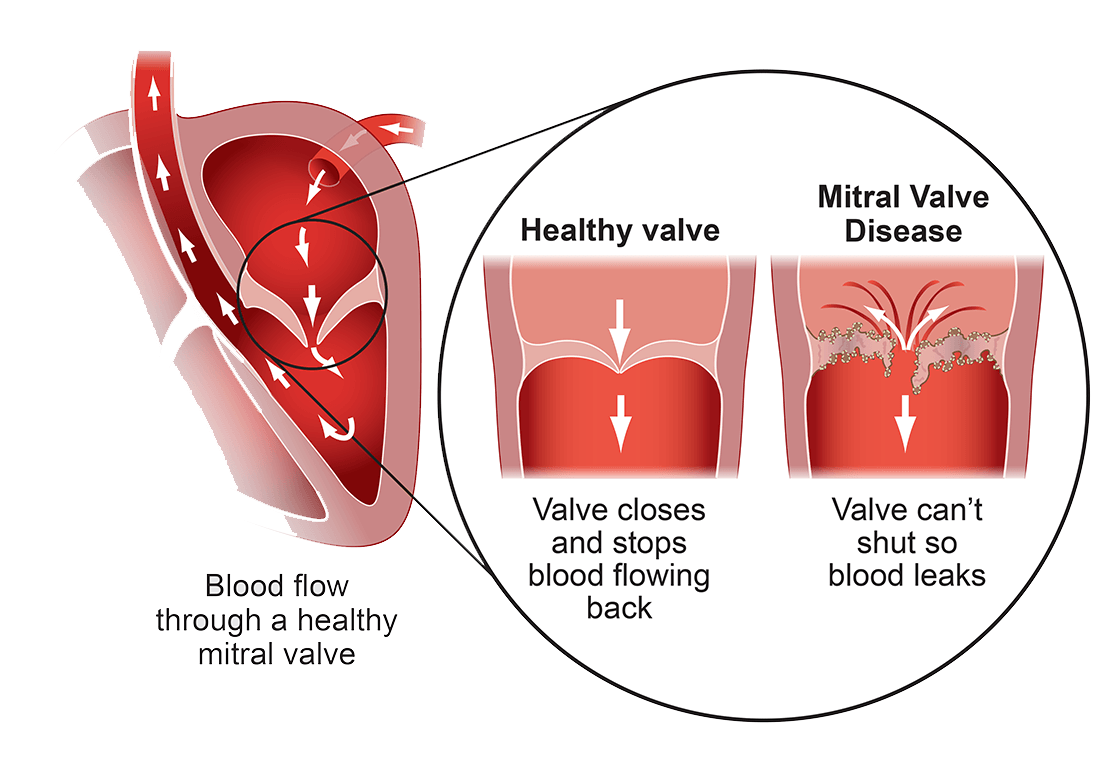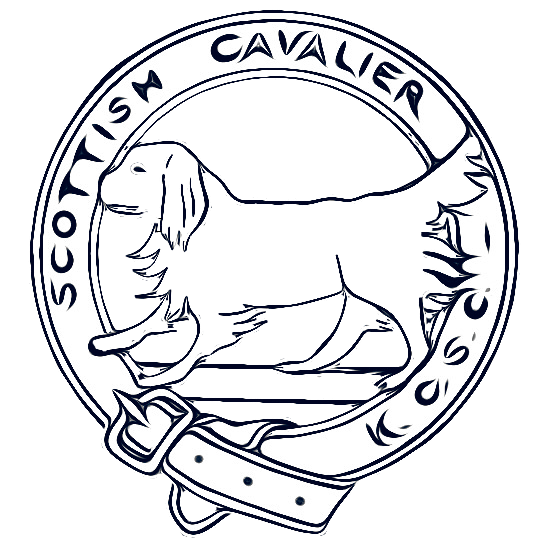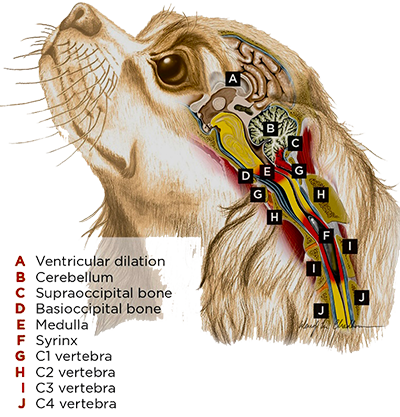Cavaliers are typically healthy, but like many breeds, they do face some genetic health issues.
These health challenges are being tackled with robust veterinary care, progressive treatments, and high-quality breeding practices. The Scottish Cavalier King Charles Spaniel Club actively conducts regular health assessments for Cavaliers, offering these to both members and the public; keep an eye on the latest news for upcoming clinic details. The two predominant health concerns for Cavaliers are Mitral Valve Disease (MVD), affecting the heart, and Syringomyelia (CM/SM), a neurological ailment. Both conditions can progress, meaning dogs may only exhibit problems or symptoms later in life.
It's crucial to note that not all Cavaliers will experience these conditions, and most are healthy dogs, with many enjoying lengthy and joyous lives into their teenage years.
Promoting health testing among its members, the Scottish Cavalier King Charles Spaniel Club hosts health clinics throughout the year. This enables breeders, members, and non-members alike to have their dogs routinely tested and invites veterinary specialists to club meetings to discuss all health facets of breeding Cavaliers.
Information on this page has been gathered from various websites, including the British Veterinary Association and the Animal Health Trust UK, and will be updated as more information comes to light.
Mitral Valve Disease (MVD) is a hereditary condition, although its specific inheritance mode remains undisclosed. MVD can manifest as a natural facet of the ageing process in both humans and animals. However, within the Cavalier breed, a subset of dogs may encounter this condition prematurely, resulting in heart murmurs as the valve's efficacy in blood circulation diminishes.
Some Cavaliers may develop mild murmurs in their middle years that never progress further. Others might experience murmur onset later in life, yet still attain an average lifespan of approximately 12 years. However, a limited percentage of Cavaliers will see their life expectancy curtailed due to this heart ailment.
Diagnosis involves auscultation with a stethoscope, with murmur severity categorized on a scale ranging from I to 6. Additionally, ultrasound can be employed to gauge the extent of the issue. Responsible breeders should consistently screen their dogs, favouring those with ancestors displaying longevity.
Various drug treatments are accessible, which can effectively sustain a high quality of life in aged dogs, even in the presence of substantial heart murmurs.
To support comprehensive health evaluation, The Scottish Cavalier King Charles Spaniel Club coordinates frequent heart clinics, extending their services to both club members and non-members. These clinics provide the opportunity for dogs to undergo assessment by specialised veterinary cardiologists, leading to the issuing and registration of certificates detailing examination outcomes.
The Kennel Club, as of 2018, has introduced a new heart scheme for Cavaliers –
The breeding advice on this scheme, varies depending on the heart grades your dog receives - and their age - and is known as green, amber and red depending on the severity diagnosed.














